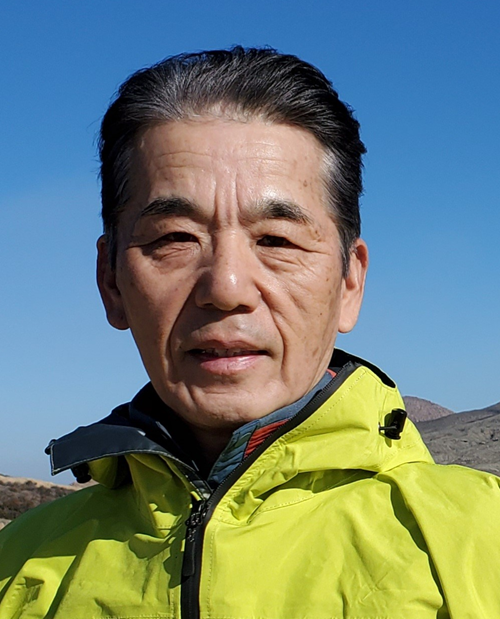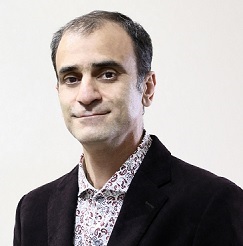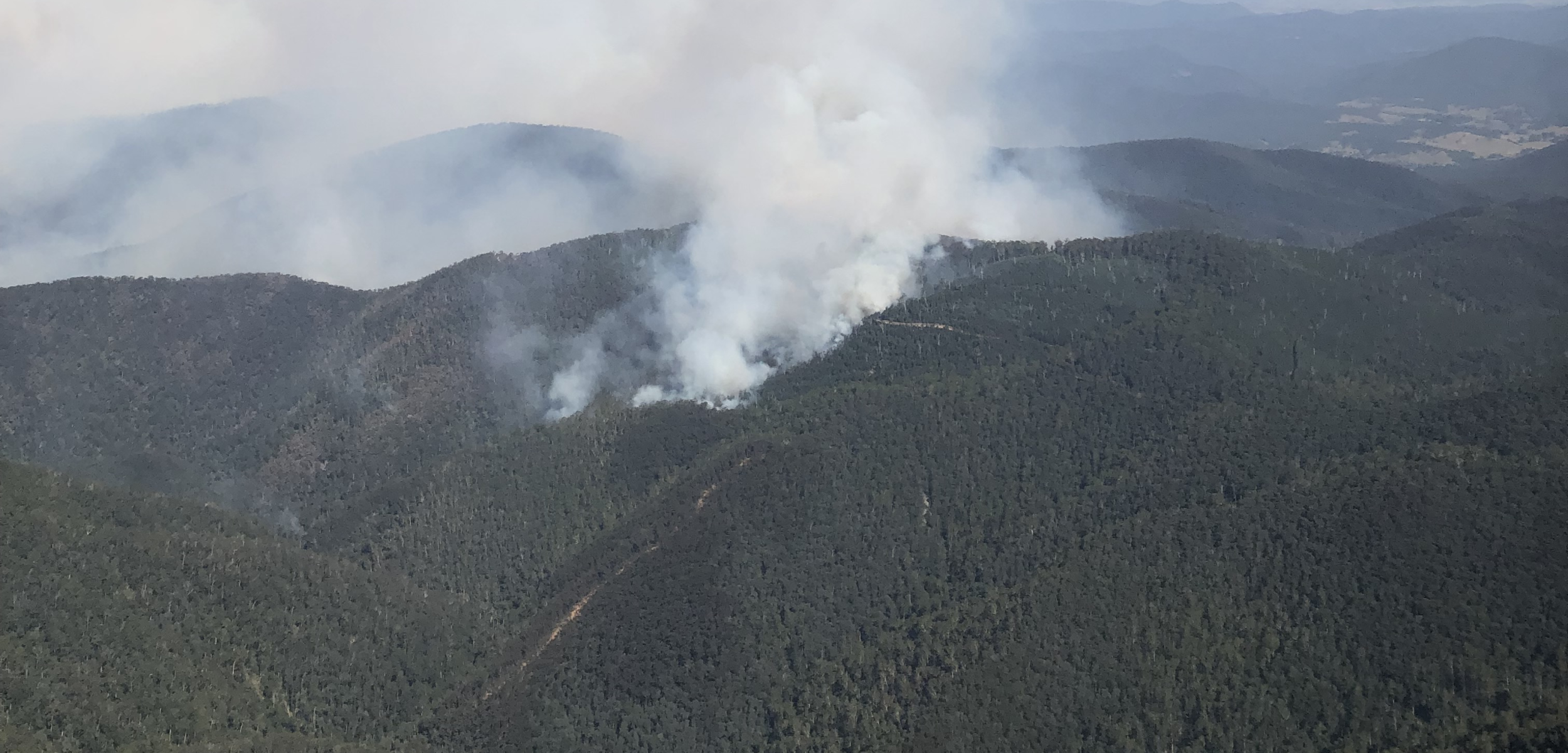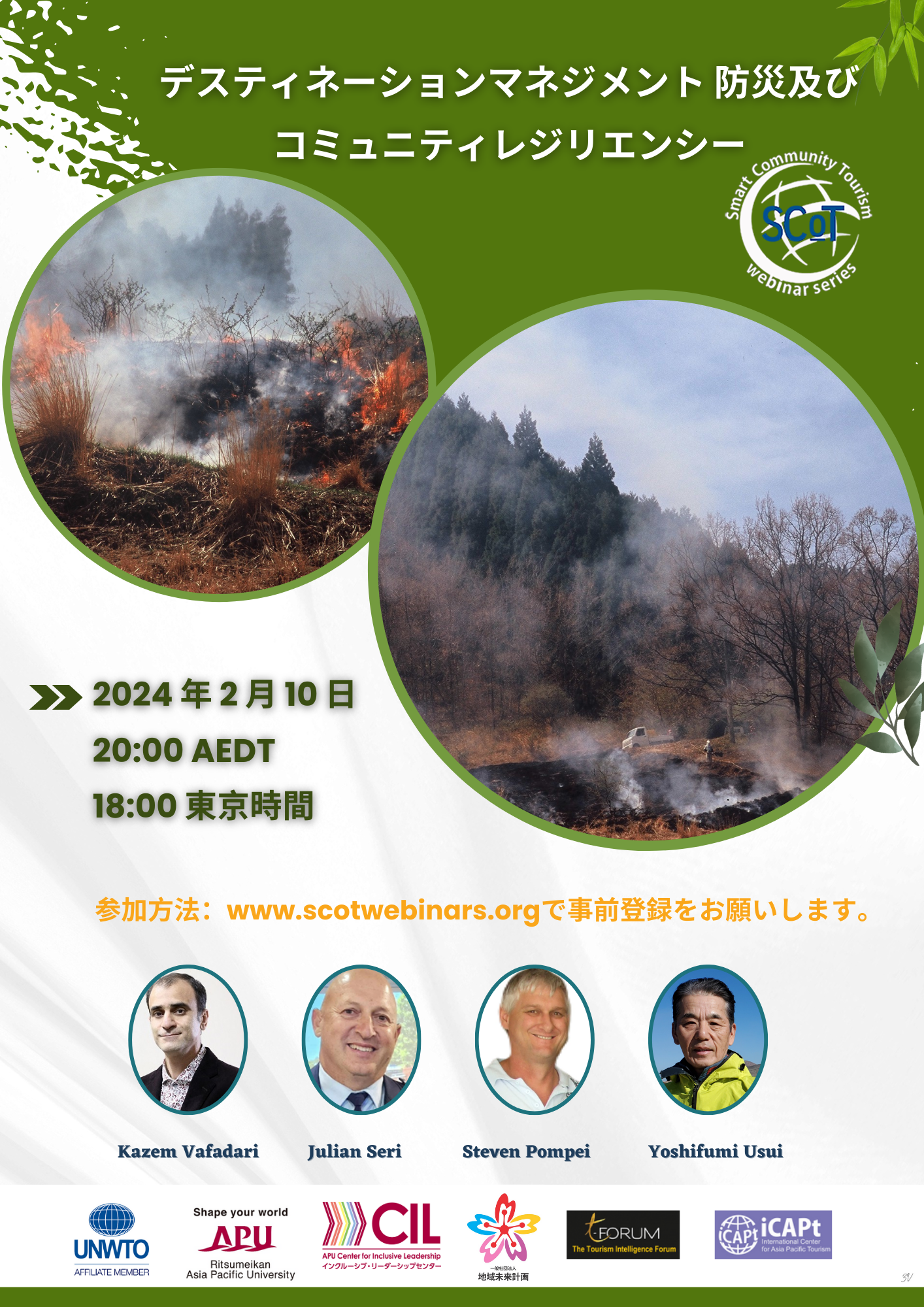Date
- Feb 10 2024
- Expired!
Time
AEDT- 8:00 pm - 9:30 pm
Languages


|
Julian has served within the Fire Service in Victoria for 23 years. During this time he carried out the roles of Firefighter, Leading Firefighter (foreman), Station Officer, and Commander. During the summer months (16 Years) he is heavily involved in aviation firefighting. This includes Aerial Intelligence Gathering, and ground management roles supporting fuel reduction burning and major bushfires. He holds the following qualifications: • Diploma of Public Safety (Firefighting Management) • Certificate 2 in Public Safety • Certificate 3 in Public Safety • All roles related to on-station Qualifications eg: Hazmat operator, Rope technician etc etc |

|
Steven Pompei has had 11 years with Forest Fire Management Victoria plus 10 years volunteering with the CFA (Country Fire Authority), during this time he has managed fuel reduction burns preparation, crew leader at regeneration burns and SPZ (special protection zone). His role is to train fire crews in aviation support roles, general firefighting and heavy off road fire tanker training and how to operate specialized equipment at fires and burns, these involve vehicles mounted flame thrower,s hand help drip torches and self-propelled incendiary flares (SPIFS). At a major bush fire my roles include airbase manager, crew leader, sector commander and crew leader of aerial drip touch. He also mentors crew into their new roles at fires / burns. |

|
WakuWakuOFFICEあそBe隊(ワクワクオフィスアソビィタイ)代表 1957.6.3 生。東京消防庁から阿蘇消防へ移職。熊本県防災消防航空隊初代隊員。帰任後、 阿蘇消防初代山岳救助隊長として山岳救助体制を確立する。 2015 春早期退職し、救助現場などで体験し培った危機管理法や、自然体験活動指導で得 たアイスブレイク・チームビルディング術などを指導者や青年リーダー、企業や地域団体へ の実践研修など、「自然との共生と生命と向き合う」講義活動を始める。 アクティブガイド部隊を率いて、源流や草原、阿蘇連山のトレッキングガイドやアウトド アススキル実技指導、リスクマネジメント講義などの活動を実践している。 Representative of WakuWakuOFFICE Asobitai (WakuWaku Office Asobitai) Born on June 3, 1957. Transferred from Tokyo Fire Department to Aso Fire Department. He was the first member of the Kumamoto Prefecture Disaster Prevention and Firefighting Aviation Team. After returning to Kumamoto, he established a mountain rescue system as the first chief of Aso Fire Department's mountain rescue team. In the spring of 2015, he retired early and began lecturing on "living in harmony with nature and facing life" by providing practical training to leaders, youth leaders, companies, and local groups on crisis management methods he developed through his experience at rescue sites, ice-breaking and team-building techniques he learned through teaching nature experience activities, and other topics. He also leads a team of active guides to guide trekking in the headwaters, grasslands, and mountains of the Aso mountain range, and provides practical instruction in outdoor skills and lectures on risk management. |

|
Dr. Kazem Vafadari is Director of International Center for Asia Pacific Tourism (iCAPt); and Academic Director of the Kunisaki City Research Center for world agriculture heritage in Oita, Japan. He is a Professor and Vice Dean for International Affairs, College of Sustainability and Tourism at Ritsumeikan Asia Pacific University (APU). He worked with United Nations University and Kanazawa University in Japan before joining APU in 2011. He is an expert on sustainable tourism, natural resource management and tourism applications of agriculture heritage landscapes. His research background also includes community building, rural revitalization and destination branding. |
 | Julian Seri Panelist |
 | Steven Pompei Panelist |
 | Yoshifumi Usui Panelist |
 | Kazem Vafadari Moderator |
Local Time
- Timezone: America/New_York
- Date: Feb 10 2024
- Time: 4:00 am - 5:30 am
Volume 56
Natural resource management is essential for the sustainability of livelihoods. To live in harmony with their natural and cultural resources, local communities build social capital and traditional know-how to manage their environments. This webinar focuses on the current situation of forests in Japan and Australia with an emphasis on risk and disaster management. Yakihata is a traditional way of burning grass in the Japanese Satoyama mountains that has been practiced for many years all over the country and is similar to fuel reduction burning systems in Australia. In the case of Japan, the Yakihata practice is not continued in many places due to depopulation in rural areas; this has resulted in increasing fire risk. In the case of Australia, the lifestyle of rural settlements and a very dry climate in the summer complicate the control of bushfire in forests. The webinar discusses ways to support local initiatives to build collaboration and know-how transfer on disaster prevention and hence creating safer destinations for nature-based tourism.
自然資源の管理は、生活を維持するために不可欠な作業です。地域コミュニティは、自然と共生し、環境を管理することで、社会資本と伝統的な知識を築いています。本ウェビナーでは、日本とオーストラリアの森林の現状について、リスクと災害管理に重点を置いて議論します。焼畑は日本の里山で古くから行われてきた伝統的な草焼きであり、オーストラリアのフューエルリダクションバーニングシステム(火災を制御するための焼畑)と類似しています。日本の場合、農村部の過疎化と高齢化により、各地で焼畑が行われなくなり、その結果、火災リスクが高まっています。また、オーストラリアの場合、農村部の生活様式や夏場の非常に乾燥した気候が、森林(ブッシュ)火災の制御を複雑にしています。本ウェビナーでは、火災の季節にネイチャーベースドツーリズムのための防災やより安全な観光地を確立するための協力体制や知識の伝達を構築するために、地域の取り組みを支援する方法について議論します。
Kazem Vafadari
Steven Pompei
Yoshifumi Usui
Kazem Vafadari
Some Next Events:








